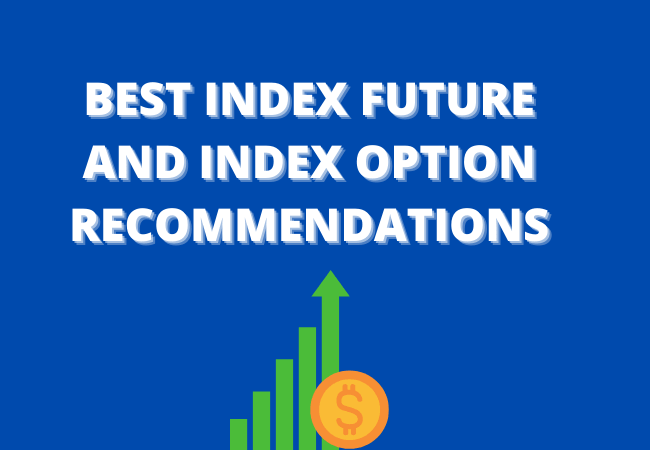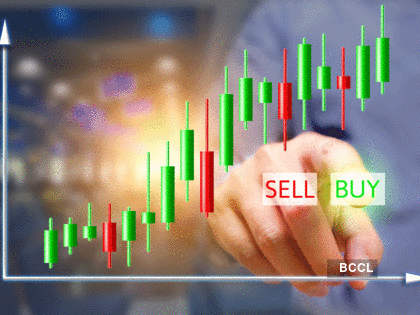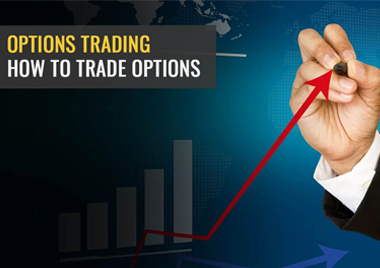Description
Trading in stock futures offers a powerful way to leverage market movements, hedge portfolio risk, and speculate on price changes of individual stocks. Unlike traditional stock trading, futures trading involves higher risk and potential reward due to leverage. To navigate this complex environment, traders need accurate, data-driven insights and professional guidance. Stock Future Recommendations provide traders with expert analysis, actionable strategies, and real-time alerts to make informed decisions and maximize returns in the dynamic world of stock futures trading.
Critical Components of Stock Future Recommendations
- In-Depth Fundamental Analysis: Expert recommendations start with a thorough fundamental analysis of the underlying stocks. This involves evaluating a company’s financial health, earnings growth potential, valuation metrics like Price-to-Earnings (P/E) ratio, Price-to-Book (P/B) ratio, Return on Equity (ROE), debt levels, and cash flow statements. By understanding the fundamental drivers behind a stock’s performance, traders can make more informed decisions about future price movements.
- Advanced Technical Analysis: Technical analysis is crucial for stock futures trading, providing insights into price trends, market sentiment, and potential reversal points. Experts use a range of technical indicators—such as Moving Averages, Bollinger Bands, Relative Strength Index (RSI), MACD (Moving Average Convergence Divergence), and Fibonacci Retracements—to identify critical support and resistance levels, trendlines, and patterns. These indicators help traders determine optimal entry and exit points for their futures.
- Sector and Industry Insights: Stocks often move in tandem with their sectors or industries. Experts provide sector and industry analysis to identify broader trends affecting specific stocks. This includes examining sector performance, economic indicators, regulatory changes, technological advancements, and global events that may impact the industry. Understanding these dynamics allows traders to align their strategies with market trends and avoid sectors facing headwinds.
- Tailored Trading Strategies: Different market conditions call for different trading strategies. Experts provide tailored strategies for bullish, bearish, and neutral markets. For example, experts might recommend going long on stock futures in a bullish market to capitalize on rising prices. In contrast, in a bearish market, they might suggest shorting futures or using options strategies like protective puts to hedge against potential losses. These tailored strategies help traders maximize gains while minimizing risks.
- Risk Management and Position Sizing: Effective risk management is essential in stock futures trading due to the leveraged nature of futures contracts. Expert recommendations include detailed risk management techniques such as setting stop-loss orders, determining proper position sizing based on risk tolerance, and using risk-reward ratios to evaluate trade potential. This approach helps traders protect their capital and avoid significant losses, especially in volatile market conditions.
- Real-Time Alerts and Market Updates: Timely information maximizes trading opportunities. Real-time trade alerts and market updates provide traders with actionable recommendations, including precise entry and exit points, stop-loss levels, and profit targets. These alerts are based on current market conditions, technical levels, and breaking news, enabling traders to respond quickly to market changes.
- Options Strategies for Added Flexibility: Combining stock futures with options strategies can provide flexibility and risk management. Experts often recommend using strategies like covered calls, protective puts, or straddles alongside future positions to manage risk and enhance potential returns. These strategies can be beneficial during periods of high volatility or uncertain market conditions.
- Daily and Weekly Market Reports: To stay ahead of market trends, traders benefit from daily and weekly reports that provide comprehensive insights into market movements, economic data releases, earnings announcements, and other vital factors influencing stock prices. These reports help traders stay informed and plan their trades effectively for the days and weeks ahead.
- Behavioral Insights and Trading Psychology: Successful futures trading requires technical and fundamental knowledge, emotional discipline, and psychological resilience. Experts guide managing emotions, avoiding common trading pitfalls like fear and greed, and sticking to a well-defined trading plan. This psychological edge helps traders remain focused and consistent in their approach.
- Backtesting and Performance Review: Confidence in trading strategies is built through data and evidence. Experts often backtest their recommended strategy against historical data to analyze their performance under various market conditions. This helps traders understand each strategy’s potential risks and rewards and build confidence in executing them.
- Access to Advanced Trading Tools: Expert recommendations are often complemented with advanced trading tools and platforms, including real-time charting software, analytics tools, and trading simulators. These tools help traders implement strategies more effectively, analyze potential trades, and monitor real-time performance.






